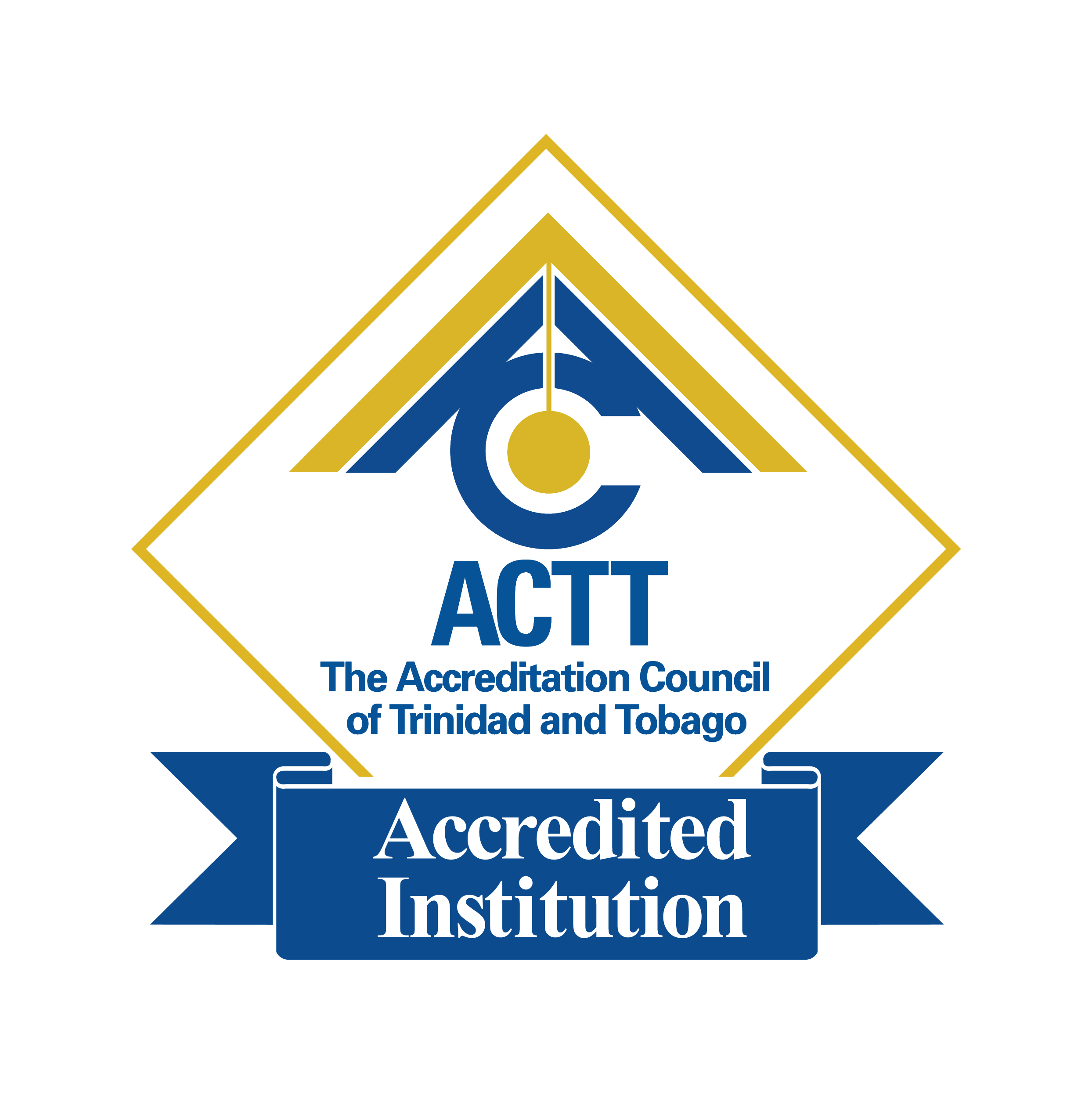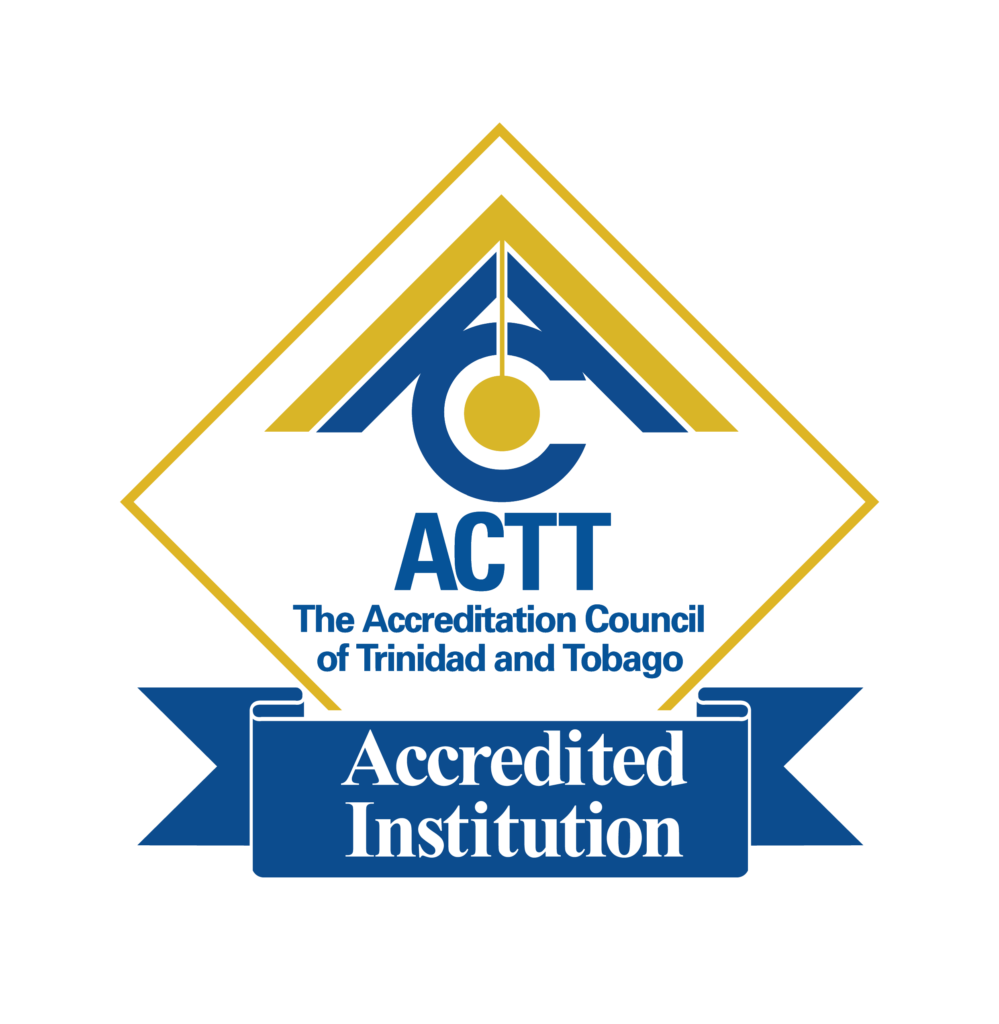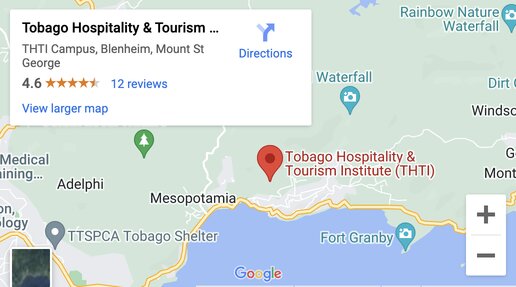Event Concept Development: Transforming Ideas into Reality
- Share this post
Loading Video...
Video credit: Elevate Experiences Youtube Channel
Events have the power to captivate, inspire, and bring people together. Behind every successful event lies a well-developed concept that transforms a simple idea into a vibrant reality. Whether you’re planning a corporate conference, a community gathering, or a social celebration, the process of event concept development is crucial to creating an engaging and memorable event experience. It is important to:
Define the Purpose and Objectives:
Clearly define aspects that will provide a solid foundation for the concept development process. It is important to ask, What do you aim to achieve? Is it to educate, entertain, raise awareness, or foster connections?
Understand Your Target Audience:
Conduct thorough research to identify their demographics, interests, and preferences. This knowledge will guide your decisions and help you tailor the event concept to their needs.
Brainstorm and Idea Generation:
Gather a diverse team of creative individuals who can contribute unique perspectives and ideas. Encourage unique creativity and exploration of various themes, activities, and formats to generate a wide range of concepts. Conduct brainstorming sessions where no idea is off-limits.
Theme and Concept Selection:
Review the previous ideas and select a theme or concept that aligns with the event’s purpose, objectives, and target audience. It should be versatile enough to incorporate different elements, yet cohesive enough to create a unified experience for attendees.
Create Engaging Experiences:
Consider the different elements and activities that will bring your concept to life. Incorporate innovative and interactive elements that encourage participation, networking, and learning.
Design an Immersive Atmosphere:
Transforming a venue into a captivating atmosphere is key to enhancing the overall event experience. Pay attention to lighting, decor, signage, and other visual elements that align with the chosen theme.

Collaborate and Seek Partnerships
Partner with relevant stakeholders, sponsors, vendors, and experts who can contribute to the success of your event concept. Collaborations can provide access to resources, expertise, and a wider audience reach.

Test and Refine:
Before the actual event, conduct test runs, rehearsals, or pilot sessions to identify and address any logistical or operational challenges. Gather feedback from a select group of attendees or stakeholders to make necessary refinements and improvements to the event concept.
Post-Evaluation and Adaptation:
After the event, it is crucial to evaluate its success by measuring attendee satisfaction, reviewing feedback, and analyzing key performance indicators. Use this information to refine future event concepts and ensure continuous improvement in delivering exceptional experiences.
Event concept development is a dynamic and iterative process that involves understanding your audience, generating creative ideas, and bringing them to life. By following these key steps, you can transform your initial ideas into a captivating event that exceeds expectations. A well-developed concept forms the foundation for an immersive and memorable event experience that leaves a lasting impact on attendees.
Continue learning about event planning!
Participate in our upcoming short courses below!
-
Hosting Micro-Events for Work and Home
TT$495 -
Building Your Event Team
TT$495 -
Event Marketing and Communications
TT$495 -
Event Design Essentials
TT$495 -
Managing Online and Hybrid Events
TT$495 -
Event Management Essentials
TT$495 -
Event Planning & Budgeting
TT$495
- Share this post
Upcoming Events:
Related Posts:
More You Might Like
Upcoming Short Courses:
- Lecturer: Riyadh Mohammed
- Online Classes
- 6 hours
- Short Courses
- Lecturer: Chef Sonia Phillip
- Face to Face
- TBD
- Coming Soon, Short Courses
- Lecturer: Lisa Jessamy
- Online Classes
- 6 hours
- Short Courses
- Lecturer: Ikeisha Niles
- Online Classes
- 12 hours
- Short Courses
- Lecturer: Chef Kwesi Selvon
- Face to Face
- 36 hours
- Short Courses
Upcoming Courses:
- Lecturer: Raakesh Madoo
- Online Classes, Face to Face
- 30 hours
- Short Courses
- Lecturer: Chef Vergiss Lovelace
- Face to Face
- 6 hours
- Short Courses
- Lecturer: Chef Sonia Phillip
- Face to Face
- 48 hours
- Short Courses
- Lecturer: Chef Kwesi Selvon
- Face to Face
- 36 hours
- Short Courses
- Lecturer: William Trim
- Face to Face
- 48 hours
- Short Courses




























